A Technical Product Manager is responsible for the concept, development, and success of digital products.
They're a bridge between the world of programmers and designers and the world of customers and business-oriented stakeholders.
A Technical Product Manager is a profession, role, function in which various skills are essential.
Generally, they can be divided into soft skills (e.g., communication, analytical) and hard skills (e.g., knowledge of technology).
Who is a Product Manager (PM)? What are the responsibilities of a Product Manager? What technical competencies are Technical Product Managers expected to have?
What skills should they master and develop? What competencies are worth investing time and energy in?
Is it possible to be an effective Technical Product Manager with only soft skills and without elementary technical knowledge?
What does learning how to program, use tools, and understand and apply methodologies and techniques provide?
What technical competencies should a Product Manager have? You will find out in a moment by reading this article.
We invite you to read on!
Who is a Technical Product Manager, and what do they do?
What does a Product Manager do? The extensive scope of skills, experiences, knowledge, and interdisciplinary nature of the tasks make Product Managers desirable specialists in the market.
And almost essential in every project in which digital products are developed. Therefore, they also need to improve and develop their professional competencies continuously.
Technical skills are one of the most important elements of adequate preparation for the job of Technical Product Manager.
In an everyday work of a Technical Product Manager, if they're continuously developed, they're a guarantee of effective and successful operation.
They translate into an individual, group (expressed, among other things, in the smooth cooperation of individual teams), and organizational (companies, brands) success.
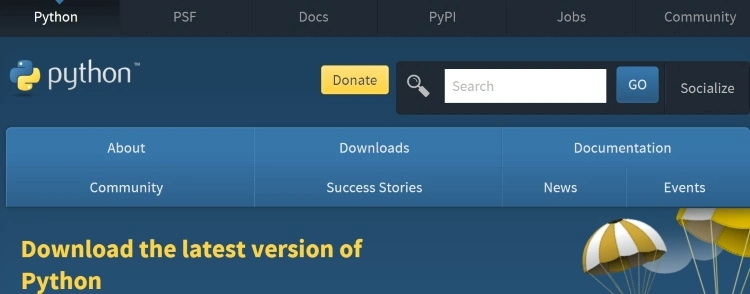
According to an illustrative and accurate diagram presented in the article "What is a Product Manager? Roles and Responsibilities?" Technical Product Management links a product and developers, users, and business domains.
In other words, Product Management connects the world of technology (development) and UX design (user experience) with the business world.
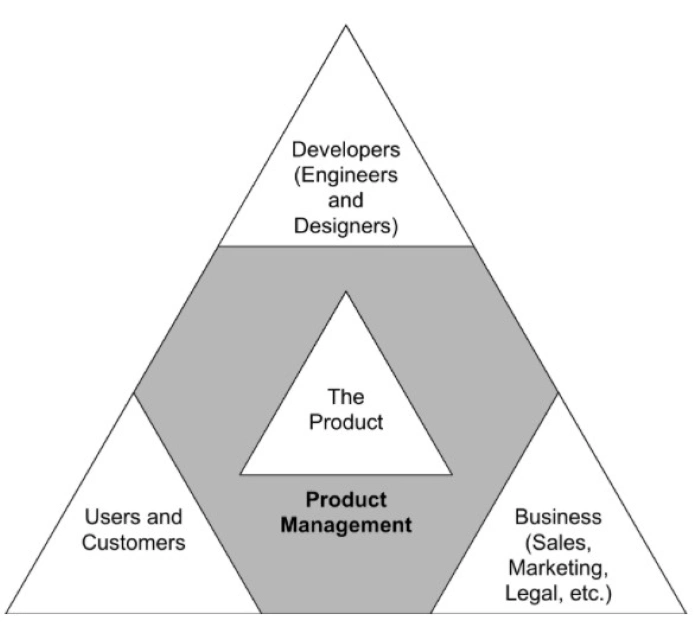
The role of Technical Product Managers is the orchestration of the following:
- Goals
- Needs
- Means
- Tools
- Languages
- Measures
- Indicators.
And all this to ensure that the cooperation of engineers, designers, strategists, marketers, and business stakeholders resulted in a product that will be a market success.
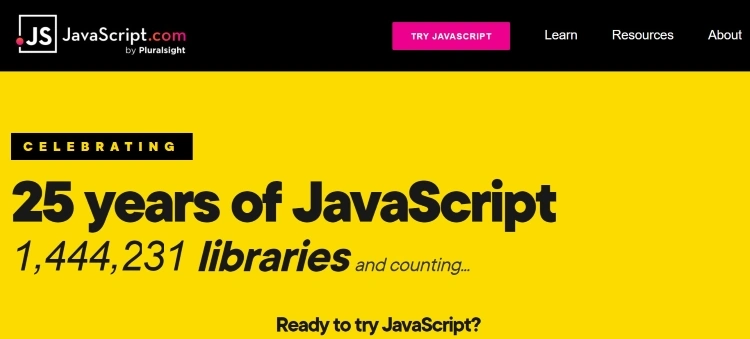
The goal is to continuously optimize a product whose development should progress in line with adapted priorities, values, and objectives and according to assumed organizational, procedural, and temporal stages.
Moreover, the role of a Technical Product Manager also includes the following:
- Ensuring smoothness of cooperation between design, development, and marketing teams
- Extinguishing and resolving conflicts and misunderstandings occurring between stakeholders
- Establishing priorities for product success and tools, measures for their verification
- Aligning business, project, and development perspectives and those derived from customer needs, expectations, and experiences
- Deep understanding of perspectives (e.g., technical, market, related to usability)
- Ensuring appropriately high, assumed profit
- Overseeing a product at every stage of its life cycle
- Comparing (e.g., benchmarking), verifying, validating, predicting, and analyzing a product and its functions
- Creating realistic visions of development and strategy
- Researching and analyzing user needs
- Prioritizing functions of a product, operations, work
- Acquiring market and consumer feedback in qualitative and quantitative form
- Establishing and measuring the efficiency of a product (also its predicted value)
- Creating the specification of product functions
- Analyzing data
- Documenting dates of releases and user flows.
The scope of tasks, responsibilities, and competencies is not only extensive and interdisciplinary but also requires specific traits. What are the expectations of a Product Manager?
A Product Manager should primarily have the following predispositions:
- Communicative
- Analytical and synthetic
- Organizational
- Creative
- Critical (critical thinking)
- Emotional (empathy)
- Social (e.g., mediation skills)
- Character and personality (e.g., diligence, reliability, endurance)
- Mental (e.g., speed of learning, flexibility of thinking).
Of course, this is very cumulative, averaged, at the same time, synthetic characterization of the representatives of this profession.
In practice, you can be a Product Manager in many ways due to the sheer variety and non-homogeneity of digital products.
Each profile of a Product Manager, their scope of skills and competencies will differ slightly.
Mainly due to differences in needs resulting from the character of the industry, the size and structure of an organization, business goals, and markets in which a product competes.
In the above-cited article by Clement Kao, the author distinguishes eight types of Product Managers.
He distinguishes them based on factors such as:
- Distribution model (B2B, B2C)
- Funding
- Platform (e.g., Internet vs. mobile phone)
- Legal framework (regulated industries vs. unregulated industries)
- Size of an organization
- Positioning
- Customer's attributes (e.g., technical users vs. users who don't have specialized technical competencies)
- The life cycle of a product (a new product vs. a product that has been on the market for a long time).
However, regardless of the above determinants, a widespread expectation directed at Product Managers is the possession of technical competencies.
Crucial technical skills that every Product Manager should have
The knowledge of the most popular programming languages (e.g., Java Script, Python, SQL), at least to a basic degree, is probably the most frequently listed.
In a Product Manager's stack of competencies, knowledge of technology and programming languages is an increasingly frequent and necessary requirement.
This requirement is hardly surprising. A Product Manager has the difficult task of mediating and being a bridge between development and design teams and remaining stakeholders who often don't have technical competencies.
The two-way "translation" of expectations, requirements, limitations, and possibilities demands understanding the language, jargon, subject, and character of works, tasks, approaches, and methods.
In other words, developers and UX/UI designers should be successfully informed about business and user expectations. And vice versa.
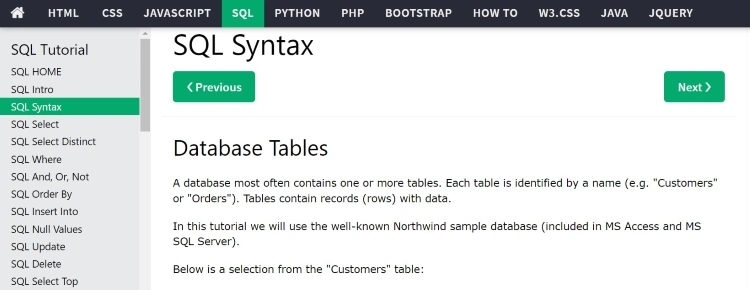
Without a deep understanding of technical issues, it is not just impossible to communicate successfully without the risk of mistakes, but it's also impossible to create a complete, consistent, and reliable requirements specification.
The knowledge of technology eliminates a problem that often occurs in teams in which Product Managers have only soft skills, namely the issue of translating from "technical gibberish to English."
So, to do that, a Product Manager should know the most popular technologies such as HTML, CSS, JavaScript, Python, and SQL, at least to a basic degree.
Thanks to that, they'll be able to participate with full awareness in the process of creating, deploying, optimizing, and developing a digital product.
A Product Manager works with data and on data. Data collection and analysis may be impossible without the knowledge of the popular SQL — Structured Query Language.
Today, the accuracy of a decision in a design, business, and market sens depends on the following:
- Sources of data
- Number and diversity of data
- Quality of data
- Ways, methods, techniques, and tools of organizing, analyzing, and synthesizing data.
Working with and on data is impossible without the knowledge of SQL or, more limited in terms of many aspects, spreadsheets (e.g., Microsoft Excel).
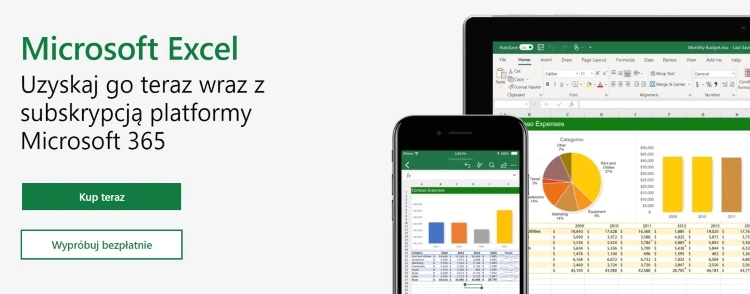
While the knowledge of programming languages in the case of Product Managers doesn't involve the need to achieve the advanced level of a professional developer, the knowledge of SQL or Excel needs to be at least at an intermediate level.
Correct identification, prediction of trends, and discovery of patterns through these tools are impossible if IT Product Manager is on a beginner level.
Software creation is a process. It consists of procedures, techniques, methods, and a certain organizational culture, perspective, and collection of values.
The knowledge of agile management methodologies (e.g., Agile Product Management), which are used to increase work effectiveness, is another significant technical competency that Product Managers should have.
Agile methodologies are obvious and commonly required in web development companies.
Why? For a simple reason. Projects and products created, deployed, and developed iteratively ensure higher efficiency and higher value for the business and end users.
The traditional waterfall model ceased to be relevant to the new conditions of market competition.
It's increasingly more challenging to evaluate a product with complete confidence by referring to rigid criteria for the compatibility of assumptions with results.
The rigidity and expensiveness of this approach make it increasingly less useful for new conditions.
A Product Manager needs to profoundly understand the agile methodology because it influences the calendar, strategy of releases, optimization, and promotion of software.
All the more so, as you can read in the article by Piotr Grychtoł, "Agile i Scrum, czyli ścieżka do zwinności" (Agile and Scrum, or the path to agility), it's becoming standard today to work in an environment of high uncertainty, risk, and volatile conditions.
The development of a digital product largely depends on acquiring and developing valuable data, which sets the horizon of its short-term (never final) development.
As Piotr Grychtoł writes, working in cycles (PDCA — Plan-Do-Check-Act) of alternating planning, implementing changes, evaluating the effects, and gaining new information as a basis for the subsequent adjustment is our reality. And necessity.
Agile methodologies are a much more effective and efficient answer to such necessities. Having such competencies is simply essential in the profession of a Product Manager.
What competencies should a Technical Product Manager have? Summary
- A Technical Product Manager is responsible for the concept, development, and success of digital products.
- A Technical Product Manager is a bridge between the world of programmers and designers and the world of customers and business-oriented stakeholders.
- A Technical Product Manager is a link between a product and the domains of developers, users, and business.
- A Technical PM is a profession, role, function in which soft skills (communicative, analytical) and hard skills (knowledge of technology) are necessary.
- Technical skills are one of the most important elements of adequate preparation for the job of a Product Manager.
- In everyday work, technical competency is a guarantee of effective and efficient operation.
- Technical competencies translate into the success of individuals, groups, and organizations (company, brand).
- IT Product Manager is primarily responsible for orchestrating goals, needs, means, tools, languages, measures, and indicators.
- A Technical Product Manager is primarily expected to have communicative, analytical, synthetic, organizational, creative, critical, emotional, social, character, personality, and mental predispositions.
- A Product Manager's responsibilities include the knowledge of technologies and programming languages.
- The knowledge of technologies and agile methodologies is an increasingly frequent and necessary requirement.
- The two-way "translation" of expectations, requirements, limitations, and possibilities demands understanding the language, jargon, subject, and character of works, tasks, approaches, and methods.
- IT PM should know the most popular technologies, such as HTML, CSS, JavaScript, Python, and SQL, at least on a basic level (Product Manager Skill Set).
- The knowledge of the most popular technologies makes it possible to participate with full awareness in the process of creating, deploying, optimizing, and developing a digital product.
- Analyzing and managing data is one of the most important elements of the Product Manager's work. Hence they should have high competencies in this regard.
- The accuracy of a decision — in a design, business, and market sense — depends today on sources of data, number, and diversity of data, quality of data, ways, methods, techniques, and tools for organizing, analyzing, and synthesizing them.
- The knowledge of SQL or Excel needs to be at least on the intermediate level. Correct identification, prediction of trends, and discovery of patterns through these tools are impossible if a Product Manager is on a beginner level.
- The knowledge of programming languages in the case of Product Managers doesn't involve the need to achieve an advanced level of a professional developer.
- The knowledge of agile management methodologies (e.g., Agile Product Management) is another significant technical competency that Product Managers should have.
- A Technical Product Manager needs to profoundly understand the agile methodology because it influences the calendar, strategy of releases, optimization, and promotion of software.
- Agile methodologies are much more effective and efficient answers to modern organizations' business and market challenges.






